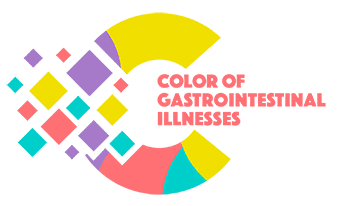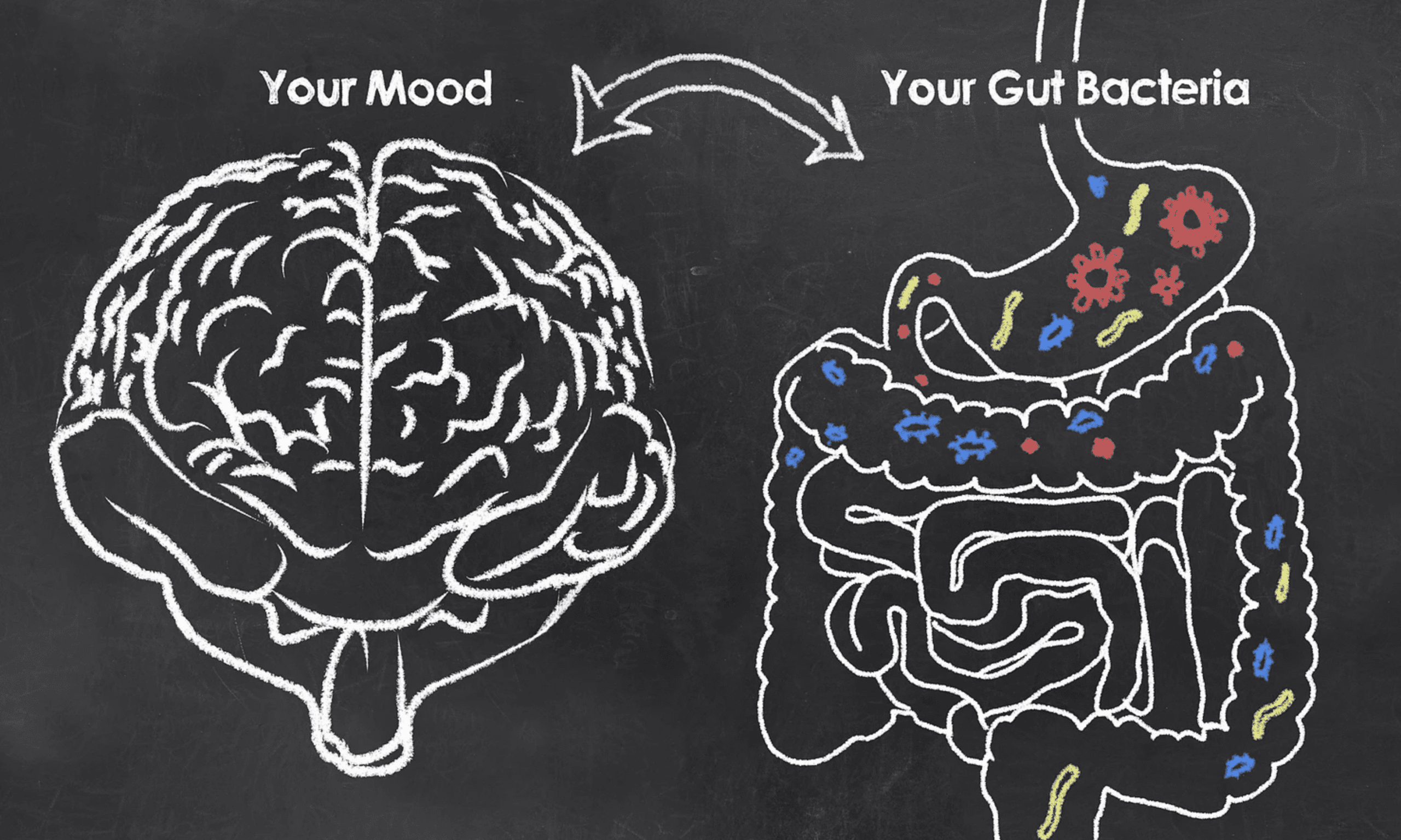Since 1992, The Health Resource Network has celebrated April as Stress Awareness Month. Every April, health care professionals and experts educate the public on the dangers of stress and how to lessen these negative emotions in our lives.
Everyone undergoes some amount of stress each day. However, for those of us with IBD and chronic illness, even our daily routine can compound the stress of managing our illnesses. Just getting out of bed, brushing our teeth, and getting dressed can be physically and mentally exhausting.
On top of holding a job, attending school, or running a household; we also have to remember to take our medications, deal with constant pain or other symptoms, and juggle doctor appointments. If we’re not careful, the added responsibilities can make us sicker.
The Connection between Stress and Health
Stress can affect our mental, emotional, and physical health. Cognitive effects include memory and learning issues. High amounts of stress hormones can make recalling facts and events more difficult. This can impede learning as well as cloud a person’s ability to make decisions and judgment calls.
Psychologically, unresolved stress can lead to depression, anxiety, and anger. These feelings can cause us to act out in unhealthy ways. We might turn to food, alcohol, recreational or prescription drugs, and other harmful behaviors to cope.
Not only can our actions be detrimental to our health, but also, chronic stress can cause high blood pressure, heart disease, digestive problems, headaches, insomnia, and diabetes. Research has also shown that stress can delay the healing process of wounds, which could result in longer recovery times after surgery.
As a Crohn’s warrior, stress is the biggest trigger that causes my disease to flare. It lowers my immunity, as well, causing me to become feverish and fatigued.
Not all stress is bad. Without it, we wouldn’t have the fight-or-flight response that protects us when we find ourselves in unfamiliar, unpredictable, or life-threatening situations. Being under pressure can motivate our performance during a test, interview, or competition. The negative and long-term stressors are what we need to remove from our lives.
Tips for Relieving Stress
One way to relieve mental state is by lifting our mood. Instead of bottling up negative emotions, we can talk to someone or write down our thoughts in a journal. Setting small goals each day can keep our minds occupied, and we’ll feel fulfilled when we successfully meet them.
As the saying goes, laughter is the best medicine. According to the Mayo Clinic, laughing stimulates circulation, relaxes muscle tension, lowers blood pressure, and moderates heart rate. Laughing also releases endorphins, which are nature’s painkiller.
But, smiling through the pain of chronic illness is tough. Sometimes, we aren’t in the mood or don’t have the energy to deal with people. These moments of quiet solitude are perfect for meditating. Meditation raises self-awareness, which can offer a new or different perspective of our present situation. By reducing negativity, we can better manage our anxiety.
Dealing with our illness every day can leave us angry and frustrated. When more calming methods of stress relief don’t work, exercise might be the solution. Physical exertion releases endorphins as well as pent-up aggression. Activities that require skill and concentration remove our focus from what’s bothering us. Furthermore, the benefits of exercise, like losing weight, gaining flexibility, and improving balance, can increase our self-esteem and confidence.
Share Your Stress
Stress can quickly overwhelm us, especially for those of us with chronic disease. Although stress management begins at a personal level, we don’t have to deal with it alone. Always remember that we have an entire community to support us as well as healthcare providers to turn to for professional help.
Emmeline Olsen

